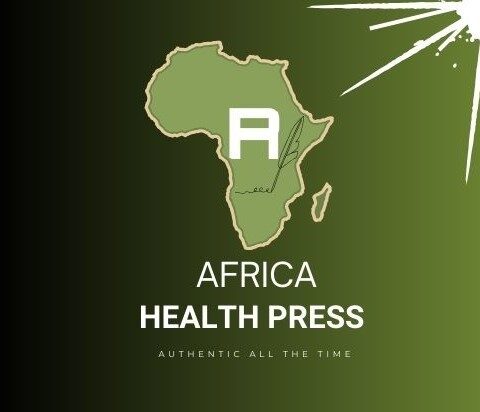
Photo by Freepik
By Blessing Ituma, Nigeria.
As global community observes the ‘World Health Day’, stakeholders have called for measures to be put in place to reduce the prevailing ailments people face in Nigeria.
The stakeholders in Rivers State Nigeria, also expressed worries over regular health setbacks as strikes and the ‘japa syndrome’ that have affected the health sector calling for proactive measures to check them and reduce the effects on patients.
They lament that the spate of premature death globally is alarming as cases of HIV/AIDS, infections, malaria and other chronic diseases are becoming more pronounced. When these diseases occur, cities affected, suffer great losses owing to the reduction of population.
Report says Nigeria has the highest burden of malaria globally, accounting for nearly 27% of the global malaria burden.
In Nigeria, UNAIDS reports estimated 1.9 million people are living with HIV, with a national prevalence of 1.3% among adults aged 15-49.
The case of HIV/AIDS is worsened by President Donald Trump’s decision to halt overseas assistance programmes, making the carriers to be more susceptible, although the National Agency for the Control of AIDS (NACA) in Nigeria has pledged to ramp up domestic resource mobilisation to ensure the sustainability of Nigeria’s HIV/AIDS response.
There was also the report of suspected outbreak of cholera in February 2025 at Isiodum community, in Andoni local government Area of Rivers State.
A former Chairman of Andoni LGA, Dr. Gogo-ogute Isaiah made this known in a statement and said that he got the news of the death of Mr. Micheal Agba and Mrs. Abigail Rowland who died through constant vomiting and stooling.

This reality of the state of Nigeria’s health sector has prompted some stakeholders in the oil rich city, Port Harcourt, to call for proactive measures to reduce losses.
A Public health physician, Dr Hannah Ageh while lamenting the challenges faced in providing quality healthcare services called for improvement to better support patients and communities.
“One of the biggest challenges currently is the shortage of healthcare workers particularly in the hospitals, it has made providing adequate care very difficult…especially for those with complex conditions, it’s not cheap and they make it difficult for people to access the care they need” Dr Ageh said.
On her part, a Nurse, Mrs Ijeoma Chigozie highlighted steps that can be taken to improve global health and possible collaborations to achieve a healthy future.
Chigozie said, ” It can be achieved by increasing education especially physical and health education, by increasing nutrition knowledge, by improving water Sanitation and safe water. If these things are not being put in place, it will affect the achievement in future for global health.”
A resident of PortHarcourt, Comrade Nmecha Chimene stressed the need to urgently take proactive steps in addressing global health issues.
” Training of health officers, training more doctors, would bring improvement.. Training and retraining on vaccines and drugs that would enable facilities to improve our health system. And all developed areas including World Bank should assist on our health issues” Chimene stated.
They maintained that a world where everyone has the opportunity to lead a healthy and fulfilling life is achievable.
A brief history of the observance began with the establishment of a specialized international health organization which was first proposed in April 1945, when diplomats met in San Fransico to form the United Nations.
The following year, the ‘International Health Conference’ in New York drafted and adopted the constitution of what would soon become the World Health Organization (WHO); signed by 61 nations, when the UN itself had 51 members.
This WHO constitution came into force two years later, on 7 April 1948, a day we since mark as World Health Day, marking the beginning of our Organization, born from the hopes of healthier futures for all to come.
Today, 77 years later, World Health Day is marked, appropriately with the theme “Healthy beginnings, hopeful futures.”
As the world celebrates World Health Day, it is pertinent to remember that health is a fundamental human right. It is a collective responsibility to ensure that everyone has access to quality healthcare, regardless of their background, income, or geographical location.
